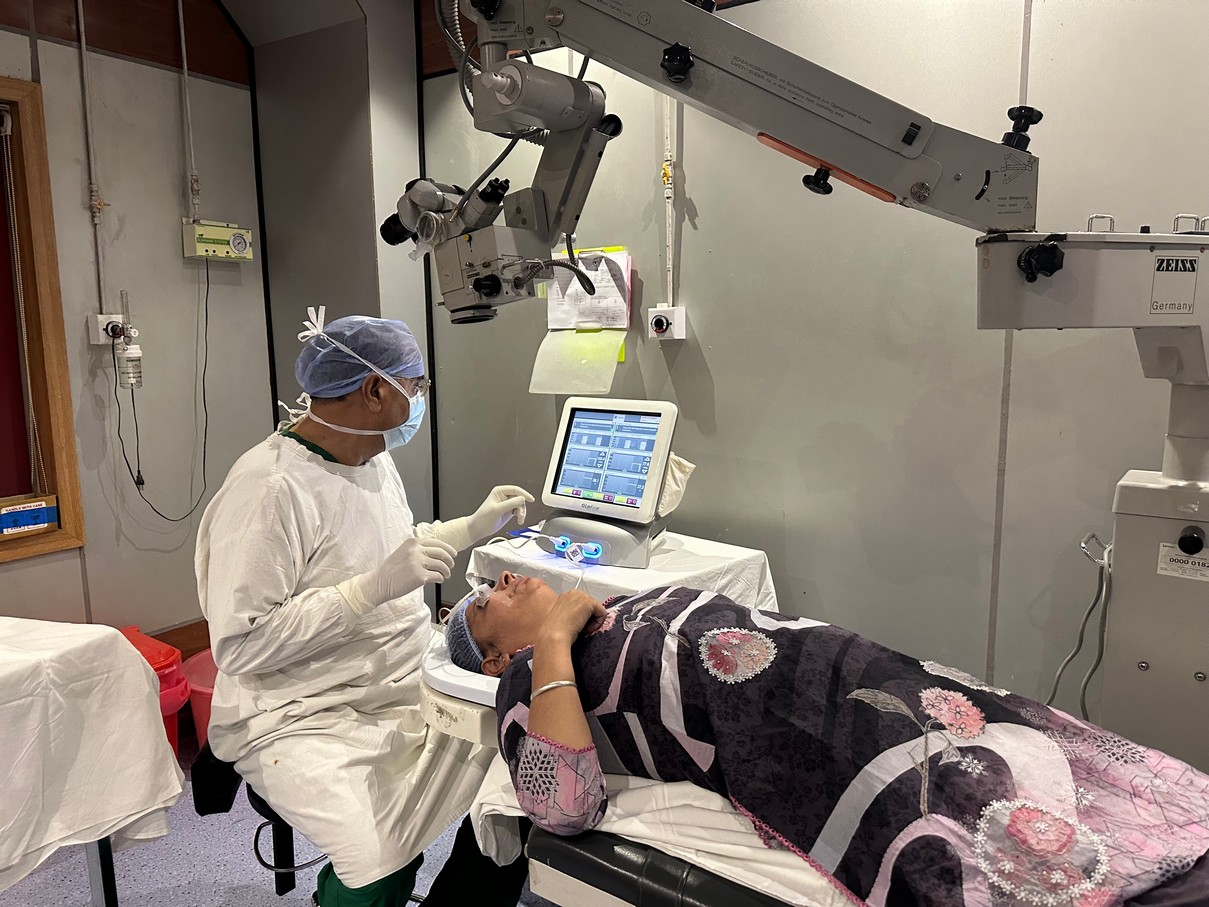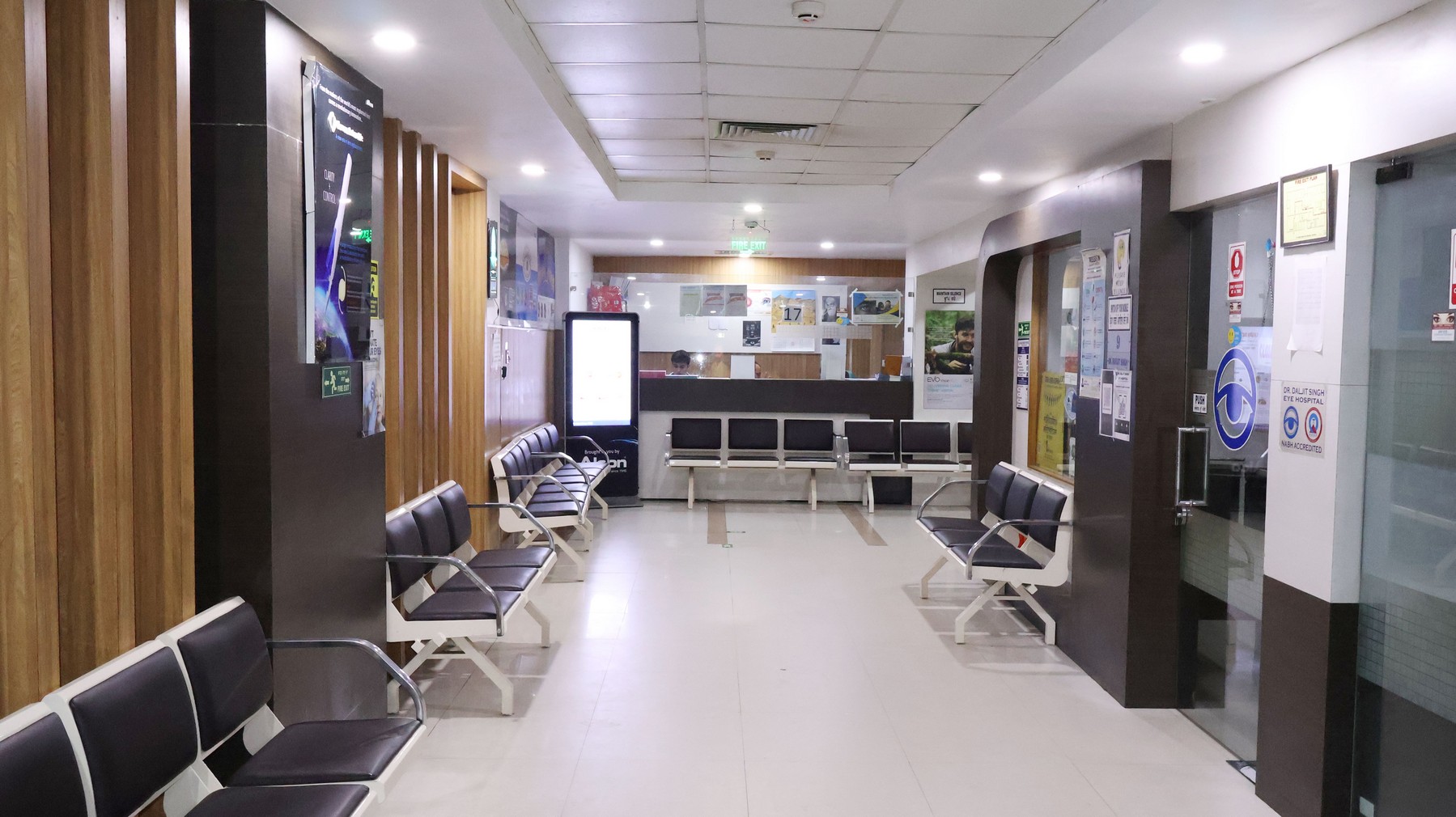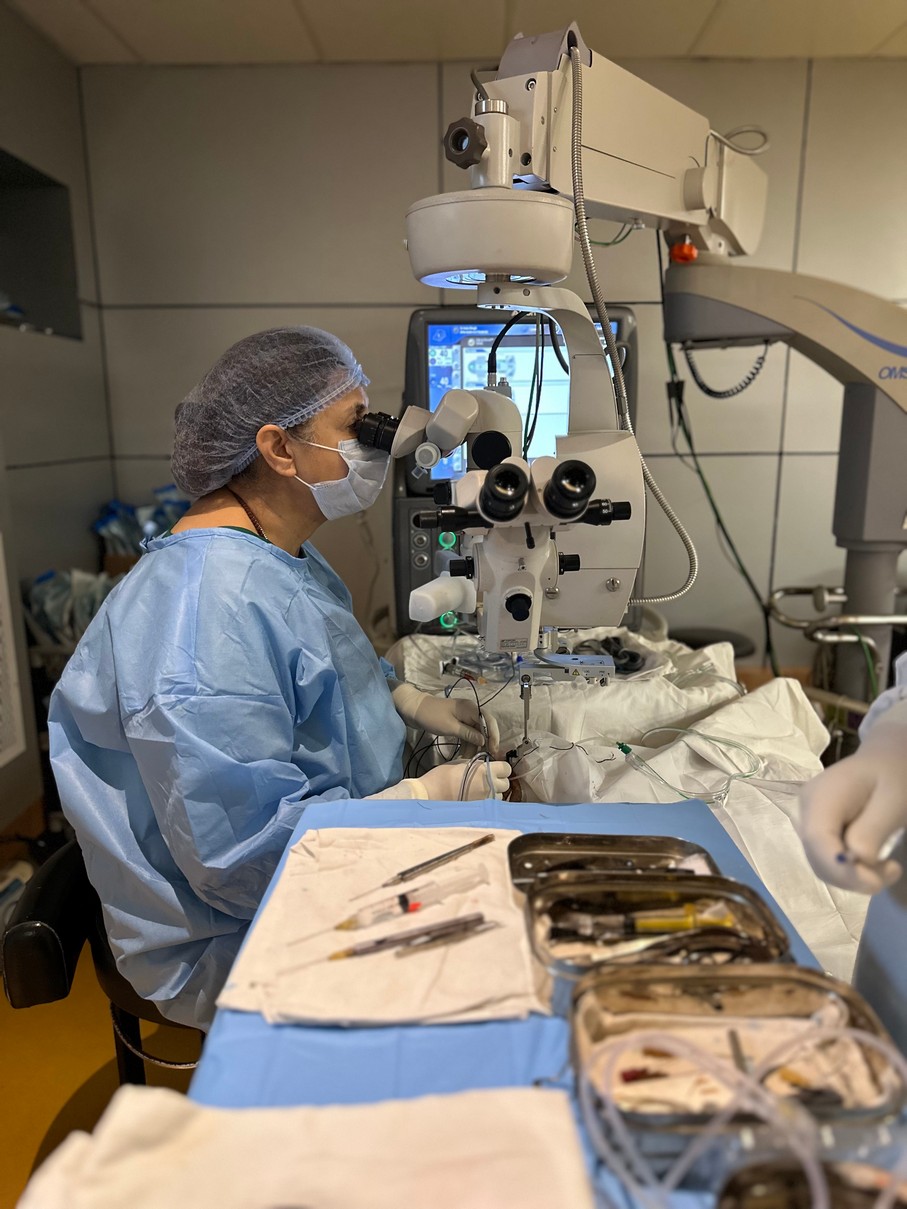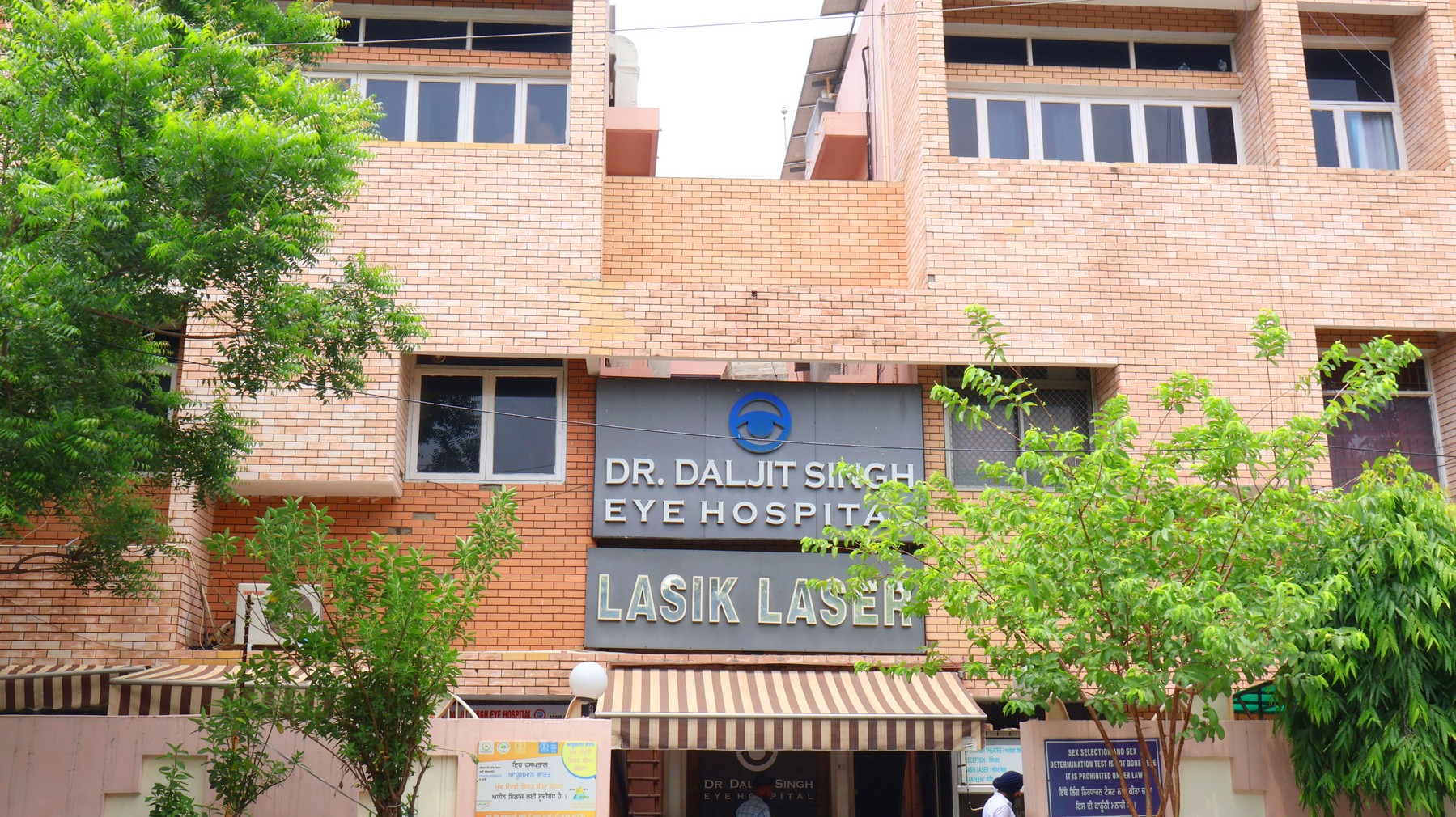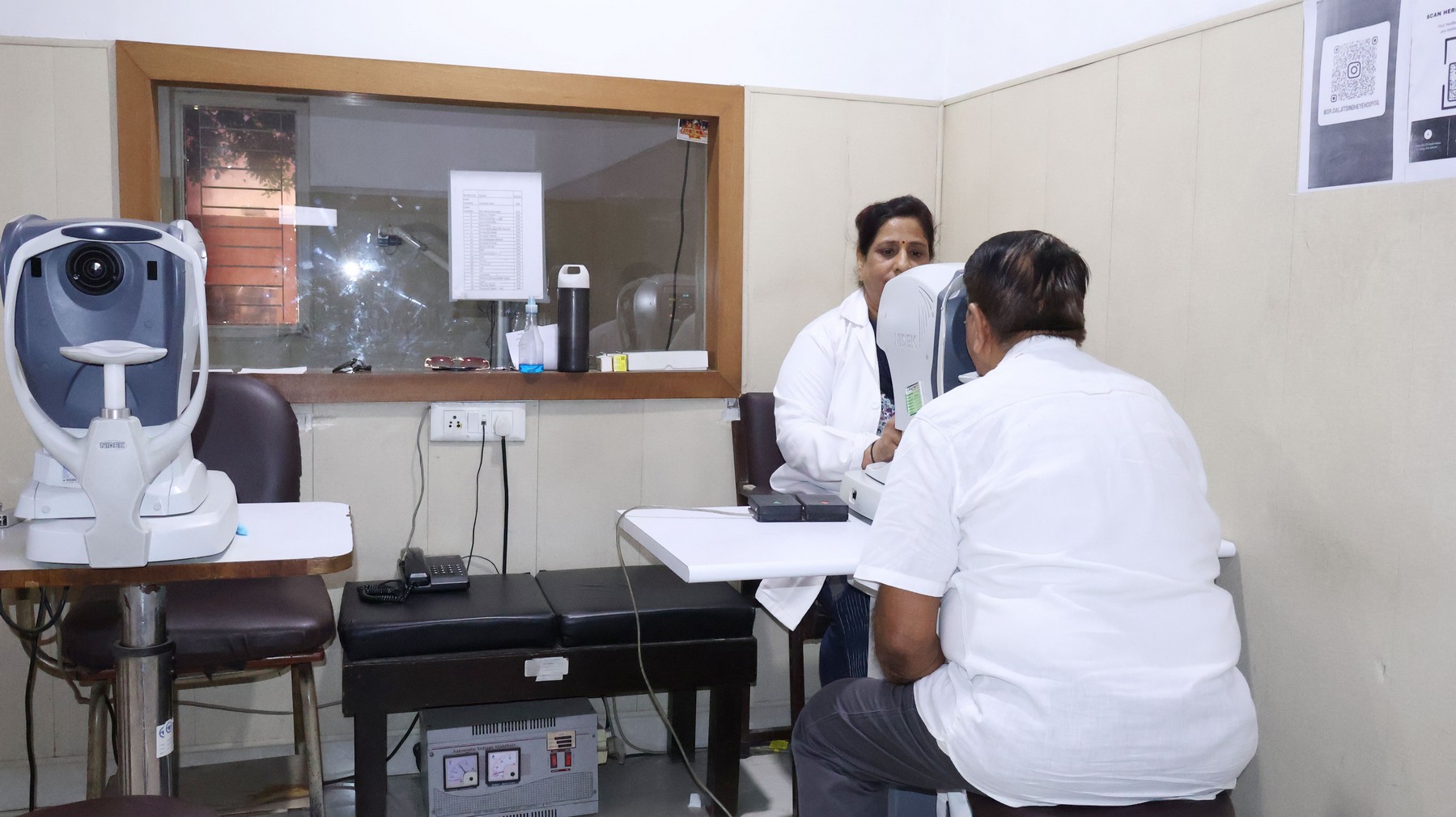General Information
Patients are examined every day of the week, except Sundays. Our outpatient department operates from morning to evening, ensuring that patients have ample time slots to choose from. We recommend booking an appointment in advance to reduce waiting time and ensure a smooth consultation experience. Emergency cases, however, are attended to promptly at any time during working hours.
Surgeries are scheduled and carried out from Monday to Friday. No operations are performed on Saturdays or Sundays. This schedule ensures that patients receive adequate pre-operative and post-operative care during the working week. Emergency cases, however, are handled as needed. It is advisable to consult in advance for surgery planning and to confirm your appointment date with the hospital team.
Before arriving at the hospital for surgery, please ensure the following steps are completed:
Get a general health checkup done by your family physician.
Have your blood pressure measured and ensure it's within normal limits.
Test your blood sugar levels two hours after a meal (should be less than 170 mg/dL).
Carry a recent ECG report with printout.
If you have a history of heart disease, obtain a cardiac fitness certificate from your cardiologist.
Stop any blood-thinning medications (such as Aspirin, Clopidogrel, etc.) at least 3 days before the procedure, but only after your doctor’s approval.
Bring a complete list of your current medications, especially if you have a history of allergies.
Do not stop taking your usual medicines for blood pressure or diabetes unless advised otherwise.
Carry photocopies of all recent medical records, prescriptions, and reports relevant to your current treatment.
If you are planning to use insurance for your treatment at Dr. Daljit Singh Eye Hospital, here are some important points to keep in mind:
First, check with your insurance agent to confirm the current status and coverage details of your policy.
For cashless treatment, ensure that Dr. Daljit Singh Eye Hospital is listed in your insurer's approved network of hospitals.
Always bring your insurance ID card or TPA card issued by your insurance provider.
Please be prepared to wait at least 24–72 hours for approval from the insurance company or Third-Party Administrator (TPA).
If your request for cashless treatment is denied for any reason, you will need to pay the full treatment amount at the hospital using cash or a credit/debit card.
Sometimes, the insurance company approves only a partial payment, with the remaining amount to be paid by the patient.
If your policy does not support cashless claims, you will be required to pay upfront and stay admitted for at least 24 hours, as per insurance norms.
After discharge, the hospital will provide all necessary documents including payment receipts, a treatment summary, and a medical certificate. These need to be submitted to your insurance agent for reimbursement.
Reimbursement is subject to your insurer’s policies and may cover the treatment partially or fully, depending on your plan.
If you are an Ex-Serviceman covered under the ECHS scheme and wish to seek treatment at Dr. Daljit Singh Eye Hospital, please follow the steps below:
Obtain a referral letter from your nearest ECHS polyclinic.
If you're coming from a different town, ensure the referral is endorsed by the local ECHS polyclinic in Amritsar.
Clearly specify on the referral that you wish to receive treatment at Dr. Daljit Singh Eye Hospital.
Upon arrival at the hospital, go directly to the ECHS desk with your referral slip and ECHS smart card.
You will be issued an OPD card, after which your eye examination will be conducted by our doctors.
If no surgery is needed and only outpatient care is required, your treatment plan will be provided. Any medications prescribed will need to be collected from your ECHS polyclinic.
Spectacles, if advised, will have to be purchased by the patient.
Before scheduling surgery for a young child—especially since such procedures are typically performed under general anaesthesia—it’s important to ensure the following:
General Anaesthesia Requirement: Most young children require surgery under general anaesthesia for comfort and safety.
Haemoglobin Levels: The child’s haemoglobin (Hb) should be at least 10.0 g/dL.
Bleeding Parameters: Bleeding time and clotting time must fall within the normal range to minimize surgical risks.
Current Health Status: The child should be free from infections such as fever, cough, cold, or diarrhea at the time of surgery.
Medical Fitness Clearance: A fitness certificate must be obtained from a qualified paediatrician to confirm that the child is medically fit for general anaesthesia.
Screening for Birth Defects: The child should be evaluated for any congenital conditions or abnormalities before surgery.
